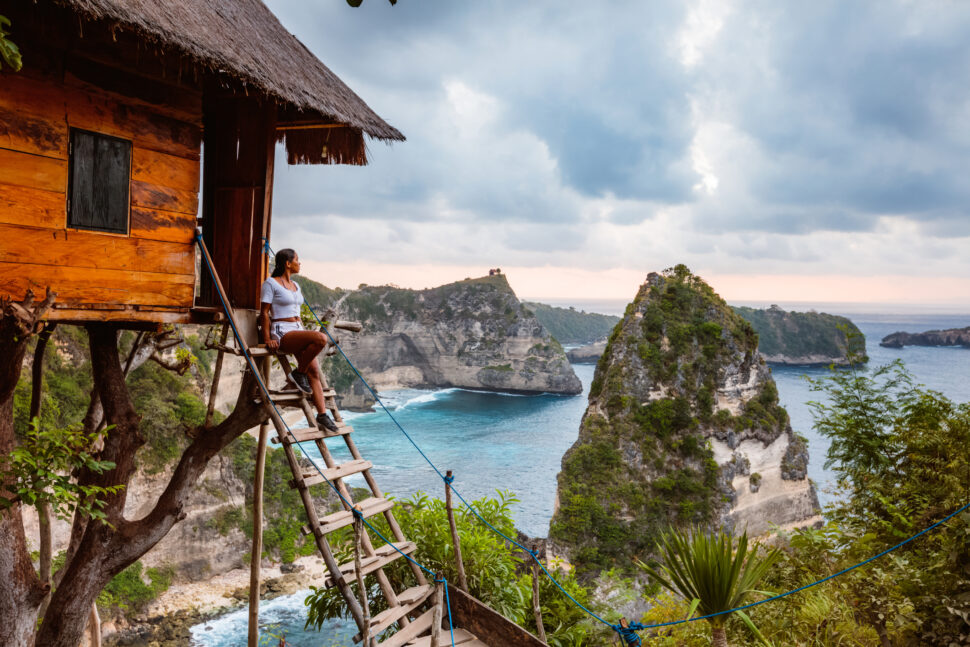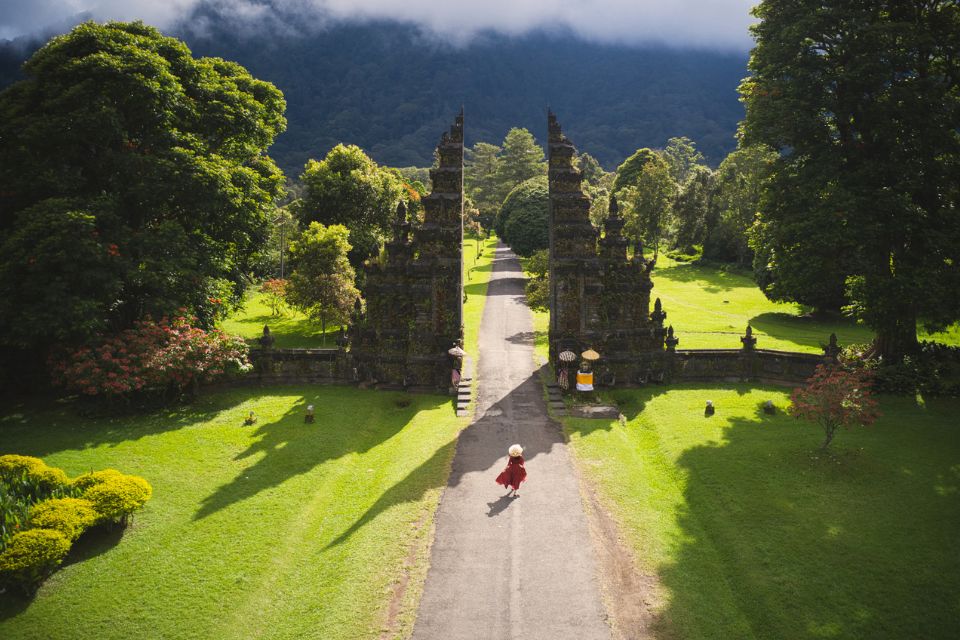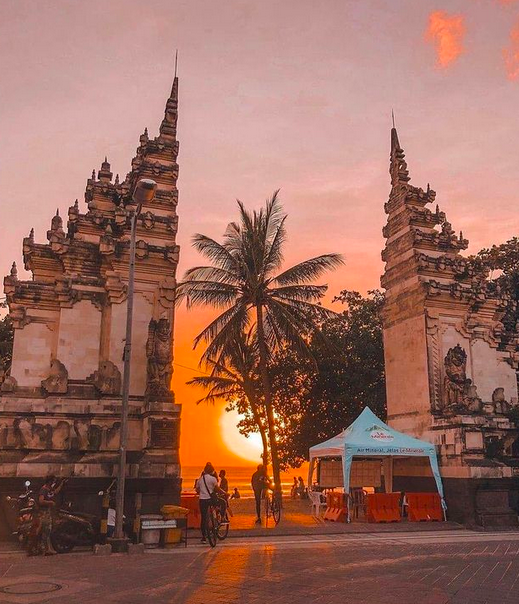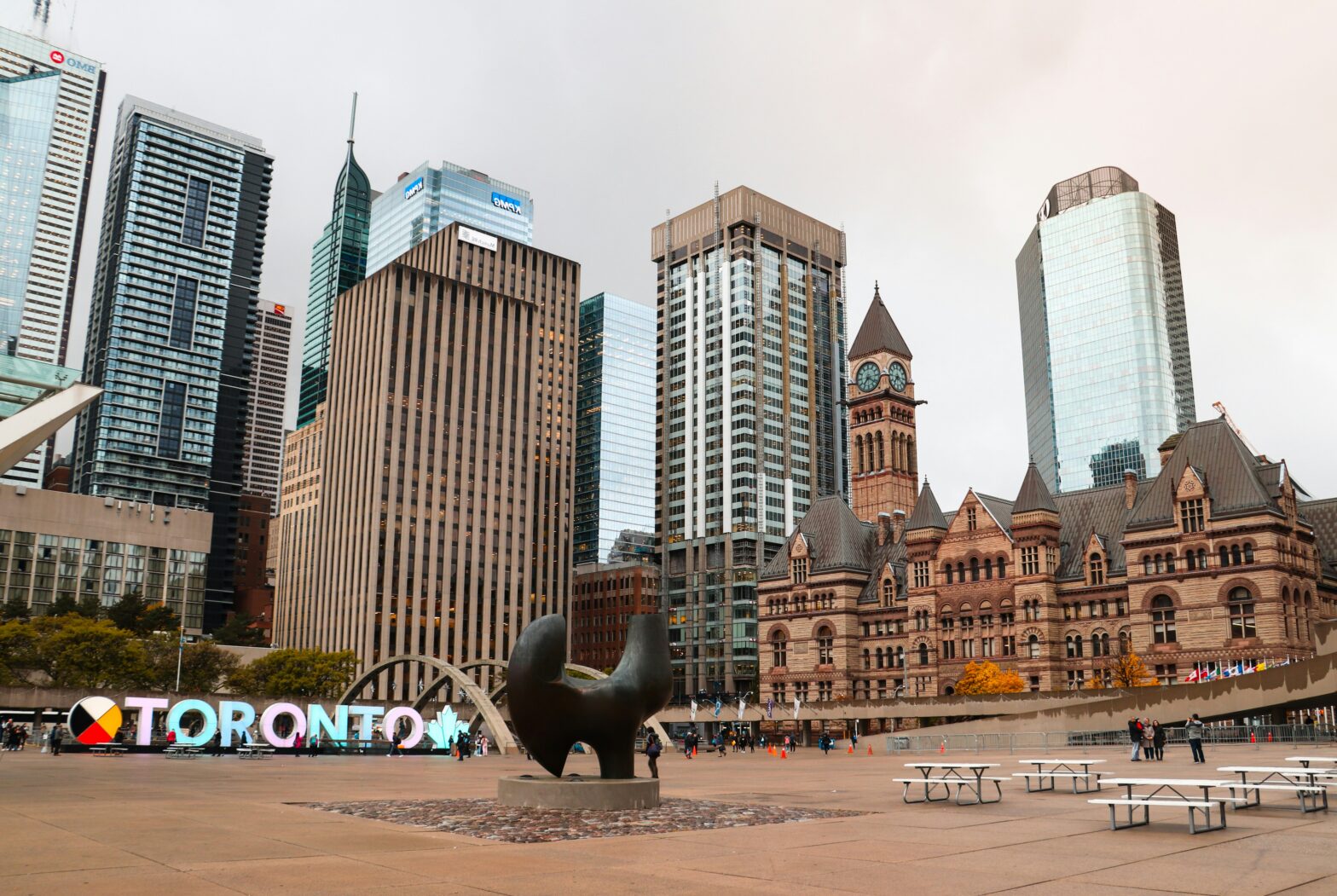Is Bali Safe? Bali, the “Island of the Gods,” is a tropical paradise that captivates millions of travelers each year with its breathtaking natural beauty, rich cultural heritage, and warm hospitality. From its stunning beaches and lush rice terraces to its vibrant arts scene and spiritual traditions, Bali offers a unique and unforgettable experience. However, as with any travel destination, it’s crucial to consider safety concerns to ensure a worry-free and enjoyable visit. Learn more about the safety considerations for this beloved tourist destination.
Bali offers a true tropical paradise for visitors. This small island is part of the Indonesian archipelago and boasts an intoxicating mix of natural beauty, ancient Hindu temples, lively beach towns, and warm hospitality. Tourists flock to Bali to experience its world-famous surf breaks, vibrant nightlife in areas like Seminyak and Kuta, and peaceful yoga/wellness retreats in Ubud.
Whether you want to lounge on palm-studded white sand beaches, go on a jungle trekking adventure, or immerse yourself in the island’s unique spiritual traditions, Bali has something for every type of traveler. Top attractions include the cliffside Uluwatu Temple, the majestic Mt. Batur volcano, the sacred Monkey Forest, and the rice paddy landscapes of Tegalalang. Bali is also a prime destination for scuba diving, snorkeling, and other water sports.
With its balmy temperatures, low costs, and endless opportunities for relaxation and cultural exploration, it’s easy to understand Bali’s immense popularity. However, the island’s popularity also creates some safety considerations that wise tourists should research before visiting this tropical haven.
THE LATEST TRAVEL ADVISORIES

When planning a trip to Bali, consulting official travel resources is advisable for the latest safety guidance and entry requirements. The U.S. State Department has no current travel advisory in effect for Indonesia after lifting its Level 2 advisory (“Exercise Increased Caution”) related to COVID-19.
However, the department does warn of the risk of civil unrest, terrorism, natural disasters, and crime targeting Westerners in parts of Indonesia. Bali itself, however, is considered much safer than other areas. Smartraveller, the Australian government’s travel advisory, rates Bali at a “normal safety precautions” level as of 2022.
The Centers for Disease Control and Prevention (CDC) recommends that Bali-bound travelers are up-to-date on routine vaccinations, such as measles-mumps-rubella (MMR). Those spending time outdoors may also want to get shots for hepatitis A/B, typhoid, and rabies, given the presence of street dogs.
IS BALI SAFE FOR TOURISTS?

For the most part, Bali is considered a safe destination for tourists who take normal safety precautions. The island does have a relatively high prevalence of petty crimes, such as theft, compared to other resort areas. Travelers should also be aware of natural dangers like rip currents at some beaches. Violent crime affecting tourists is relatively rare.
The biggest risks in Bali tend to involve things like motorbike accidents, drinking too much at bars/clubs and becoming incapacitated, swimming in dangerous waters, and scams/harassment from touts and unlicensed operators. Overall, the island is much safer for tourists than other parts of Indonesia.
Solo female travelers to Bali can have a relatively safe experience, but should exercise more caution, especially when out at night. Avoiding unpopulated areas alone after dark, never leaving drinks unattended at bars, and arranging licensed transport are key safety tips. As with anywhere, using common sense and being aware of your surroundings is advised.
CRIME STATISTICS AND TRENDS
According to the Bali Police Department’s crime data, petty crimes such as theft and bag snatching are the most common issues affecting tourists in Bali – theft accounts for 40% of all reported crime. Areas like Kuta, Seminyak, and Ubud tend to have higher rates of these types of crimes, while resort areas and gated communities are generally considered safer.
TRANSPORTATION SAFETY
Public transportation in Bali, including taxis and motorbike taxis (known as “ojeks”), is generally safe for tourists. However, it’s always a good idea to use reputable companies or services recommended by your hotel or resort. Banks and ATMs in tourist areas and shopping districts are typically secure, but exercise caution when withdrawing or handling cash.
HOW TO STAY SAFE IN BALI

Even though Bali has a fairly low risk of violent crime, tourists should follow some basic precautions during their stay:
Only book accommodations and tours/activities through reputable sources. Read reviews carefully. Wear helmets if renting motorbikes and avoid erratic driving common in heavy Balinese traffic. Don’t buy, transport, or use illegal drugs – Indonesia has extremely strict laws.
Be cautious engaging with overly persistent street vendors or touts. Don’t carry excessive amounts of cash/valuables or expensive jewelry when going out.
Bali is located in a region prone to natural disasters, such as earthquakes, volcanic eruptions, and tsunamis. It’s essential to stay informed about any potential hazards and follow the guidance of local authorities in case of an emergency. Additionally, exercise caution when participating in water-related activities, as rip currents and other hazards can be present. Stick to lifeguarded beaches and heed all surf/current warnings if swimming.
Get all routine and recommended travel vaccinations before visiting. In general, being alert, avoiding high-risk areas like deserted beaches at night, and heeding any official security warnings is advised.
WHERE TO STAY IN BALI

Because Bali is a fairly compact island, visitors can easily base themselves in different towns and see many top sights on day trips. Some of the most popular, safe areas to stay include:
Seminyak: Upscale beach town, great restaurants/nightlife, high-end resorts/villas
Canggu: Laid-back surfer vibe, beachfront hotels/hostels, trendy cafés
Ubud: Cultural center inland, yoga retreats, temples, rice paddies
Sanur: Family-friendly town, calm beaches, convenient location
Nusa Dua: Gated resort enclave with facilities, safe beaches
Beach towns in Bali’s south, like Kuta and Legian, offer affordable lodging but can get rowdy late at night. Northern areas like Lovina provide a quieter coastal escape.
THE BEST TIMES TO VISIT BALI
With warm weather year-round, Bali makes a great destination any time of year. However, some periods have distinct advantages:
April through September: Bali’s peak dry season, with low humidity and minimal rainfall. Expect lots of crowds and higher prices.
October/November: Shoulder season with decent weather and fewer tourists before the rainy season begins.
December-March: Wet season with hot temperatures but lower costs and less crowding. Many still enjoy this time if they avoid the heaviest rains.
Major holidays like Nyepi (Balinese New Year) in March/April can cause brief closures but also spectacular cultural celebrations.
PEOPLE ALSO ASK
Is Bali safer than other parts of Indonesia? Yes, Bali is considered one of the safest areas for tourists in Indonesia.
How bad is the crime in Bali? Violent crime is rare, but petty theft, scams, and harassment by vendors occur frequently.
Is Bali safe for families? Bali is a family-friendly destination with plenty of kid-friendly resorts, activities, and attractions. However, it’s important to take necessary precautions and closely supervise children, especially around water and in crowded areas.





